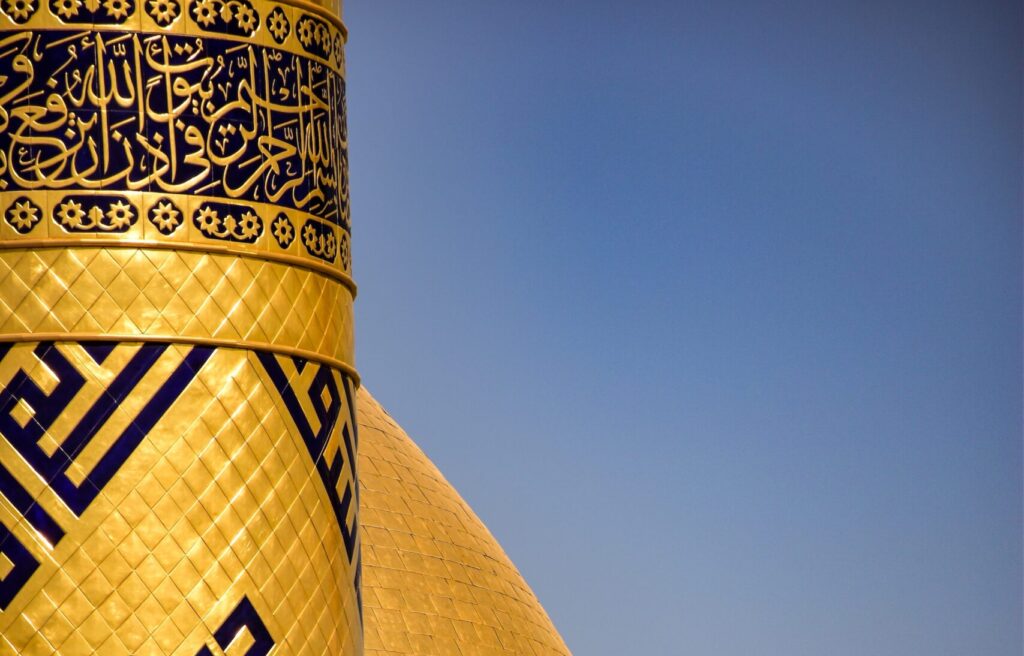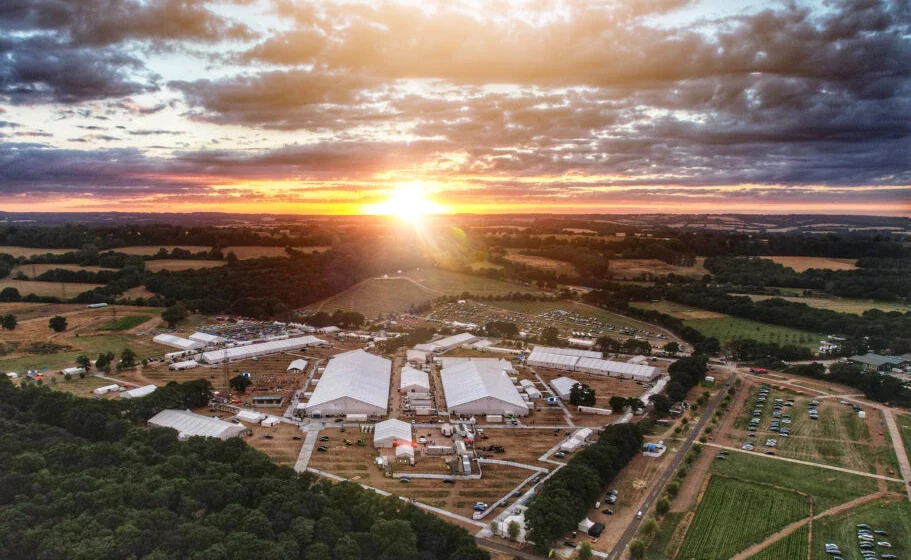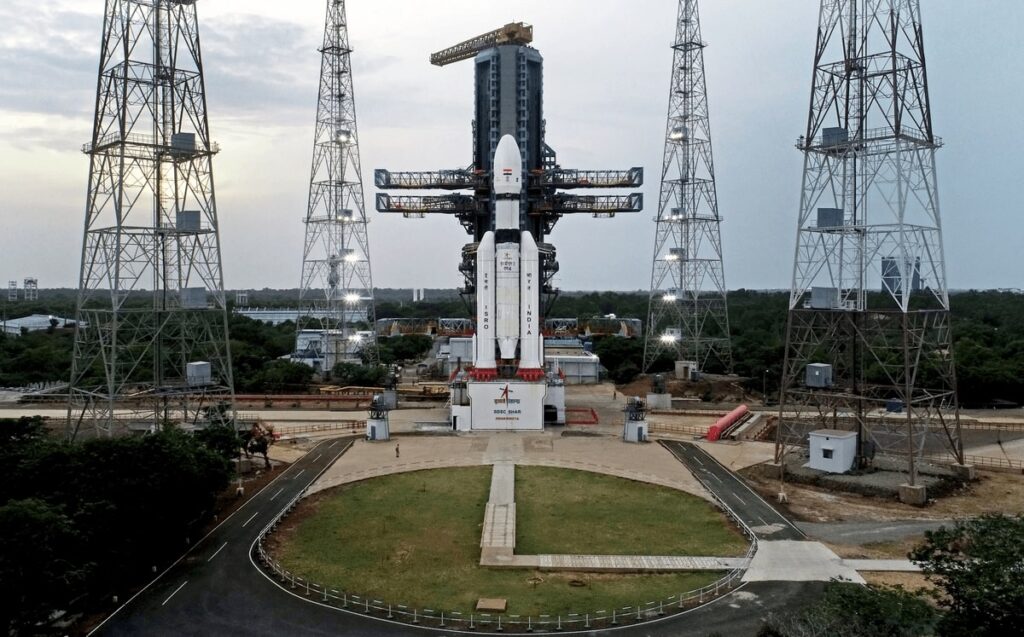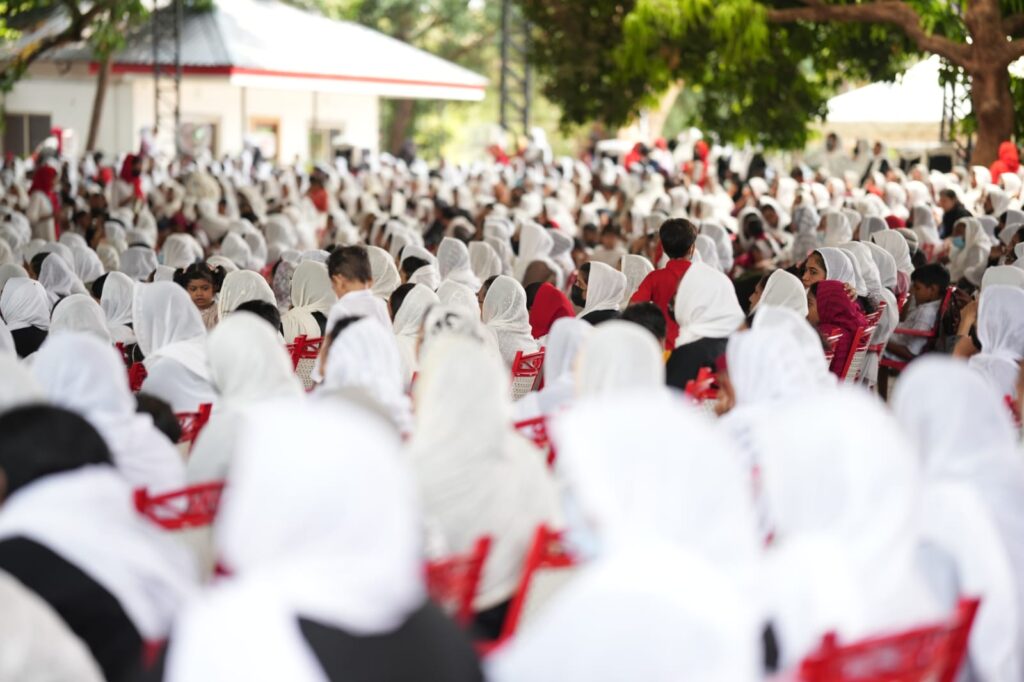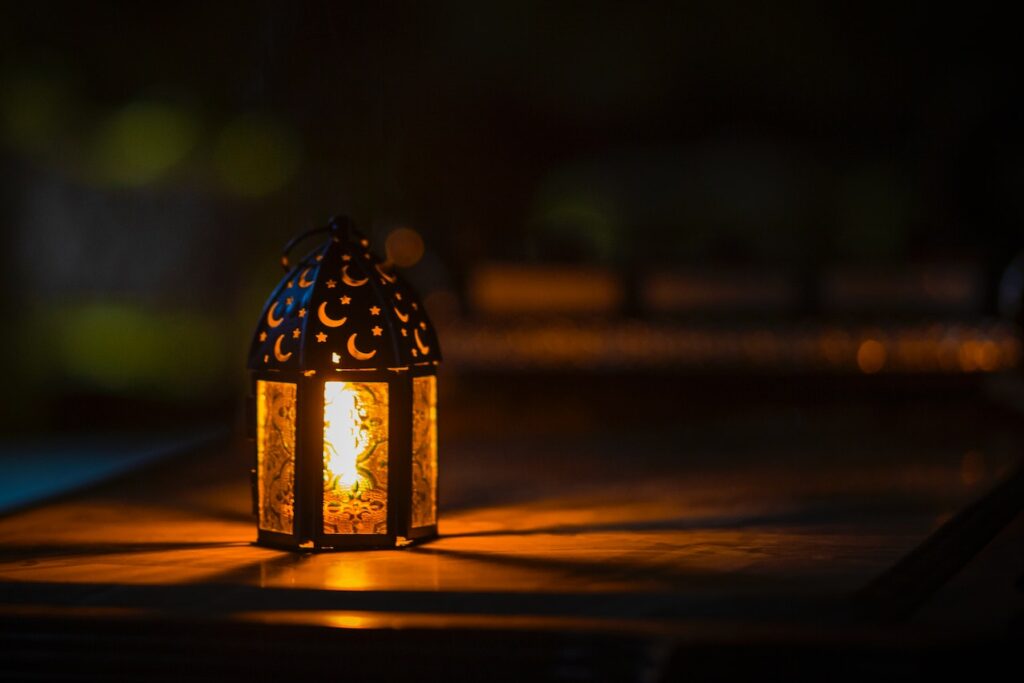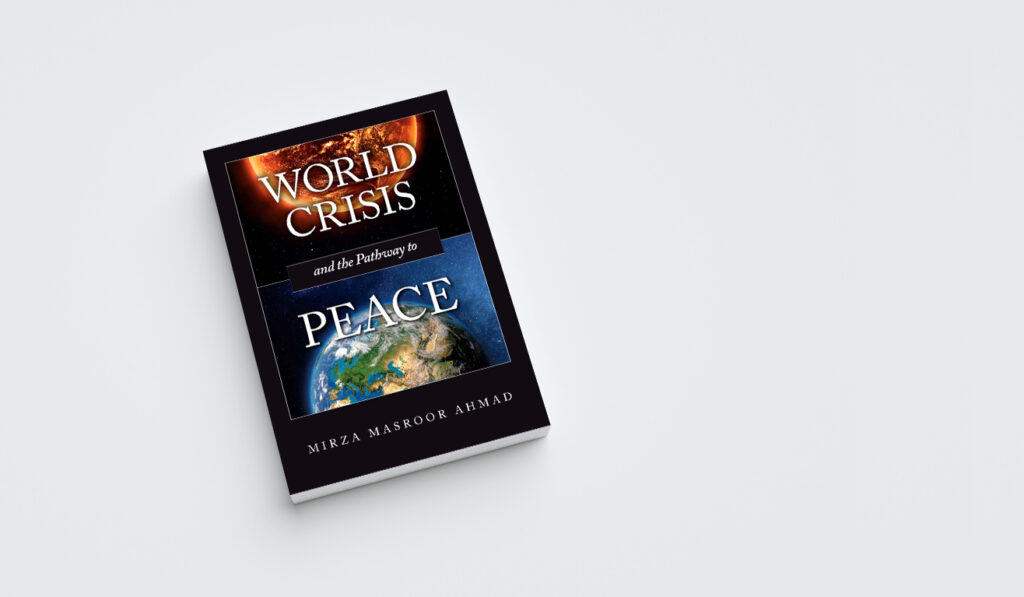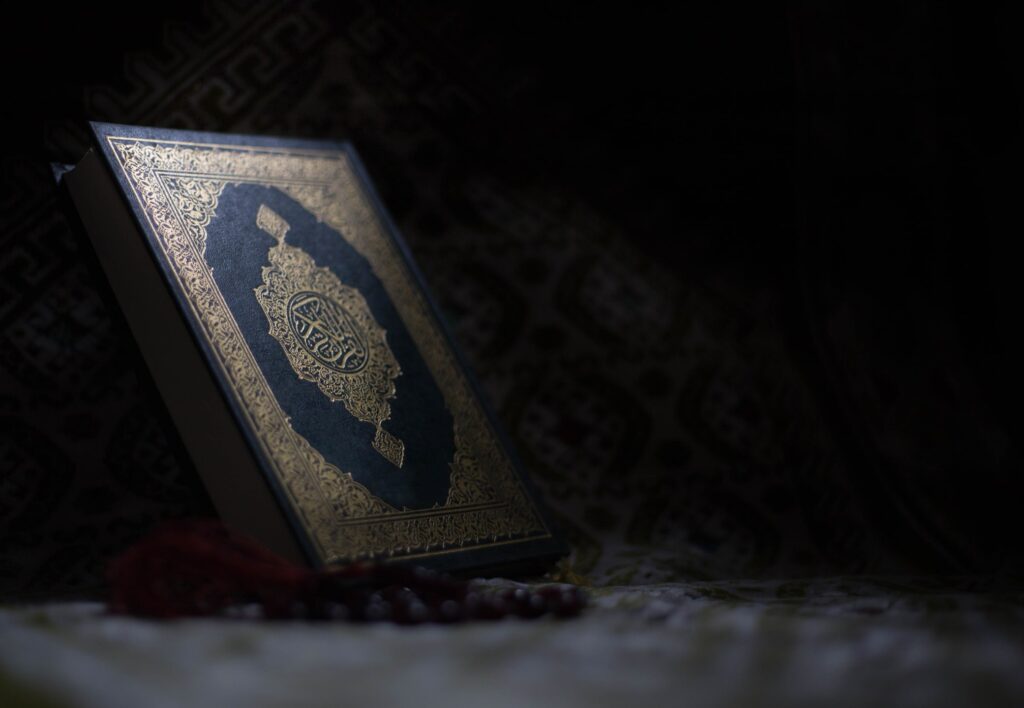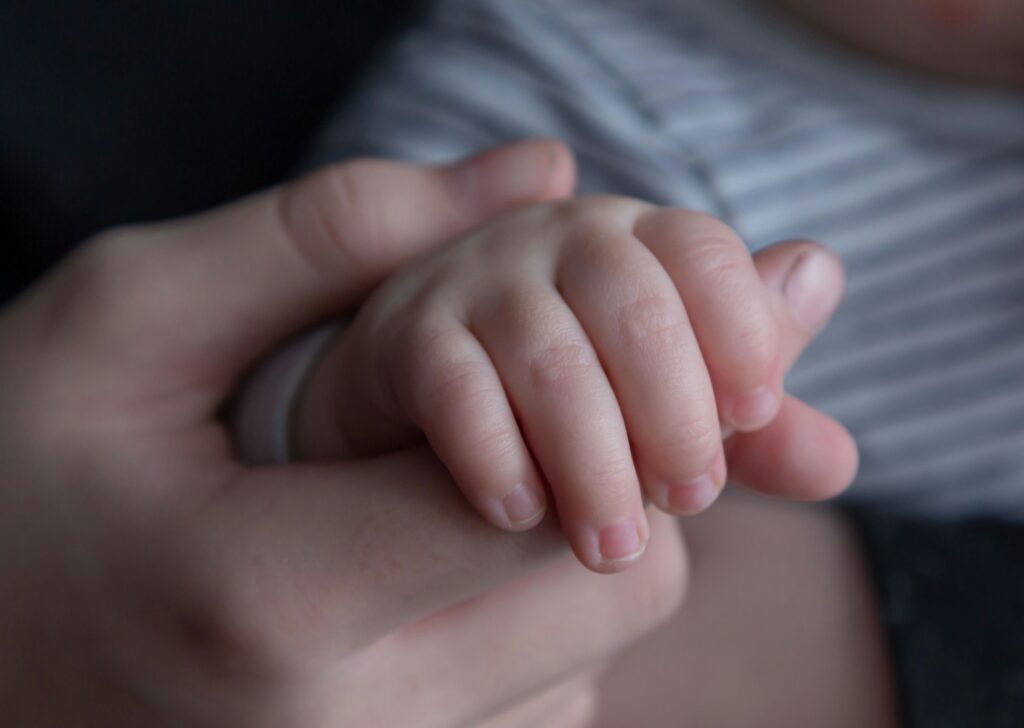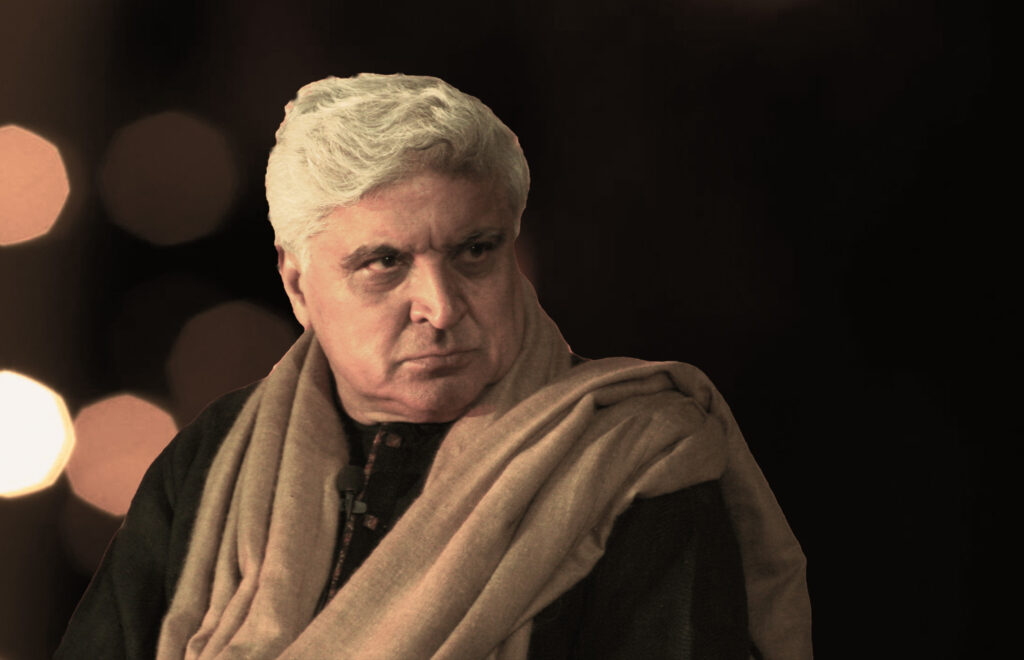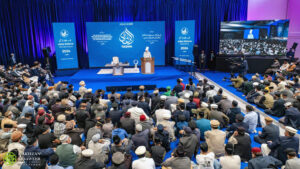ARTICLES
It is inconceivable to contend that the noble companions, who were spiritually nurtured by the Holy Prophet(sa) himself, could have played any role in the conflicts that culminated in the event of Karbala.
The primary purpose of Jalsa is to enable attendees to personally experience religious benefits. Among its secondary benefits is that it will promote mutual introduction among the members, and will strengthen the fraternal ties within the Community.
ISRO is preparing for the launch of Chandrayaan 3. With the primary objective of achieving a successful landing and rover deployment, the mission aims to explore the lunar surface through essential scientific studies for future purposes.
As a Khalifa is God’s vicegerent on Earth, his person becomes the reflection of Divine attributes, and his actions serve as the true demonstration of Islamic teachings.
The Ijtema was a testament to the power of unity, prayers, and the continuous pursuit of knowledge. It served as a beacon of light in my spiritual journey.
Ramadan is a month of eternal blessings. Our journey towards spiritual excellence does not end, rather begins with the end of Ramadan.
The Holy Quran acknowledges the role of clay in the creation of life but dismisses the notion that God played with mud and water to mould the mixture into the shape of man.
A Hindu brother’s reflections on the book World Crisis and the Pathway to Peace by Hazrat Mirza Masroor Ahmad, the World Head of the Ahmadiyya Muslim Community.
“Our success is not possible without our parents’ happiness” –Regragui’s words sound all the more relevant in today’s age, where filial responsibility is losing significance.
The Holy Quran is a timeless book, no portion of which is subject to abrogation. It is a scripture designed to be relevant in all times and for all cultures.
The Ahmadiyya Khalifa urges Ahmadi Muslims to engage in prayers and preparedness amid escalating global tensions.
Opinions often surface branding the hijab as a symbol of oppression. Here, we respond to a recent Newslaundry article, challenging the narrative that Muslim women require ‘liberation’ from their choice to wear the veil.
If God is an epitome of love, why should we fear Him? The Ahmadiyya Khalifa explains the Islamic concept of righteousness, highlighting how true love inspires a fear of displeasing the beloved.
Islamic teachings provide essential principles for living in a society, addressing the political, social, economic, cultural, and religious aspects of human life.
Postpartum depression is a common yet often overlooked challenge that many new mothers face. Understanding its impact and finding effective coping strategies are essential for both maternal well-being and healthy parenting.
Ahmadiyya Khalifa explains the Islamic concept of religious evolution which occurred in parallel with the cognitive and social development of man.
While Akhtar blatantly characterises all religious people as mentally ill, his statements reveal that he is suffering from the very delusion he seeks to find in others.
Amidst the polarised debates that either advocate for or entirely reject abortion, Islam offers a balanced and logical perspective, respecting the rights of women and the sanctity of potential life.
Ahmadiyya Khalifa explains how important it is for parents, in today’s digital age, to monitor the programmes their children watch and ensure they do not have excessive screen time.
Contrary to the common belief that Adam(as) was forbidden to approach a physical tree, a study of the Quranic verses reveals that the command addressed a concept of much greater significance.

